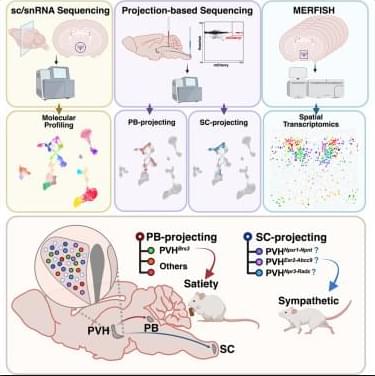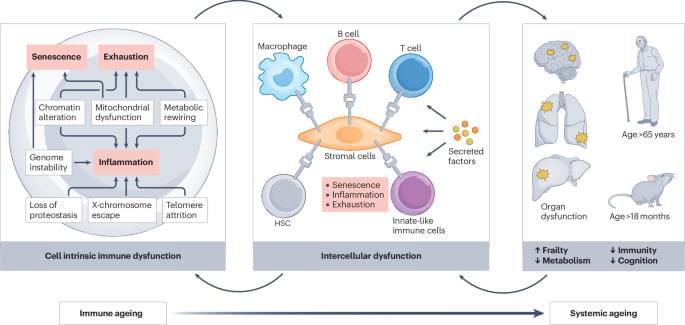For decades, schizophrenia and bipolar disorder (BD) were treated as distinct and unrelated psychiatric disorders. Schizophrenia is a psychiatric disorder characterized by altered thinking and emotional patterns, hallucinations, false or irrational beliefs (i.e., delusions), cognitive deficits, and disorganized speech. BD, on the other hand, is marked by extreme mood swings, ranging between periods of high-energy (i.e., mania or hypomania) and depressive episodes.
While the symptoms of schizophrenia and BD are markedly different, many patients diagnosed with either of these conditions experience psychosis at least once in their lifetime. Psychosis is a mental state that causes people to lose touch with reality, experiencing hallucinations, delusions, disorganized speech, and irrational thinking patterns.
More recently, studies found that patients diagnosed with schizophrenia and BD sometimes share other overlapping symptoms, as well as common patterns in their genes and brain organization. This inspired the idea that these disorders are part of a shared psychosis spectrum, which would explain their common features and characteristics.







